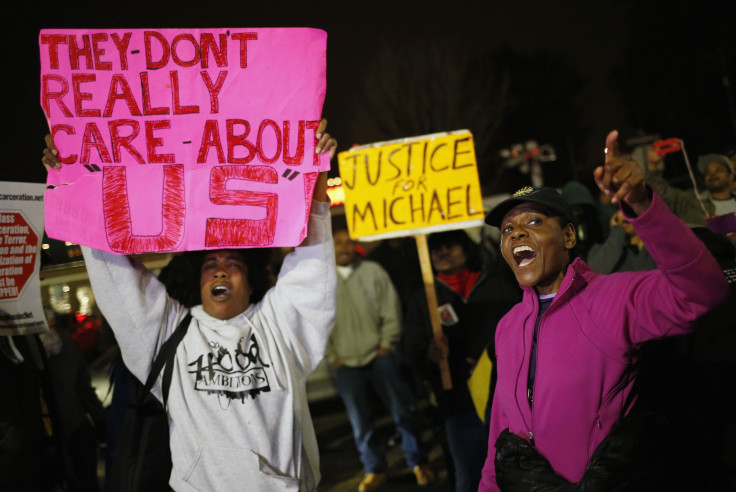'Ban The Box” Advocates Call For Executive Order At White House

Criminal justice reform advocates are meeting with top White House advisers on Wednesday to help people who've done their time, Politico reports. They’re urging President Barack Obama to issue an executive order banning the government and federal contractors from asking most prospective employees questions about criminal records. The demand is commonly known as “ban the box,” which refers to the section of job applications where employers inquire about arrests and convictions.
“People shouldn’t be penalized for their whole life for indiscretions they have made,” a member of the activist delegation told Politico.
Some 70 million Americans have criminal backgrounds that make it harder for them to find work, according to the National Employment Law Project, which supports “ban the box” measures. People of color, who make up 60 percent of the prison population, are disproportionately impacted by criminal background inquiries, advocates point out. They also say that background checks run counter to the justice system’s goal of rehabilitation.
Fourteen states and the District of Columbia have passed “ban the box” laws. Last month, Georgia Governor Nathan Deal, who is Republican, signed an executive order to that effect.
Major labor, religious and civil rights groups support a similar order aimed at the federal government and its contractors. A letter calling on the White House to issue the order was signed by the American Civil Liberties Union, the AFL-CIO, the the National Council of La Raza, the NAACP Legal Defense and Education Fund and the Presbyterian Church, among other prominent groups.
Some have raised concerns about lifting criminal background inquiries for all federal jobs. But even “ban the box” advocates acknowledge it might make sense for some agencies, like the Department of Homeland Security, for instance, to be exempted from an eventual order.
In 2013, the Department of Labor issued a warning that federal contractors who exclude job applicants based on criminal records risk violating anti-discrimination laws. However, the agency has yet to explicitly prevent such employers from engaging in the practice.
© Copyright IBTimes 2024. All rights reserved.





















